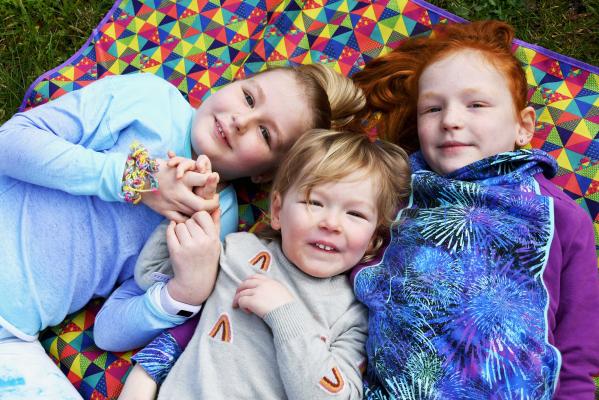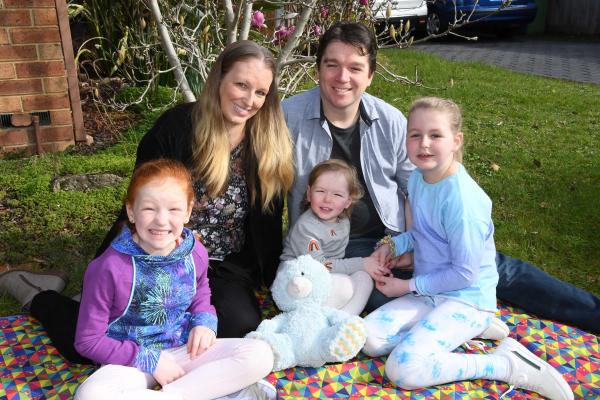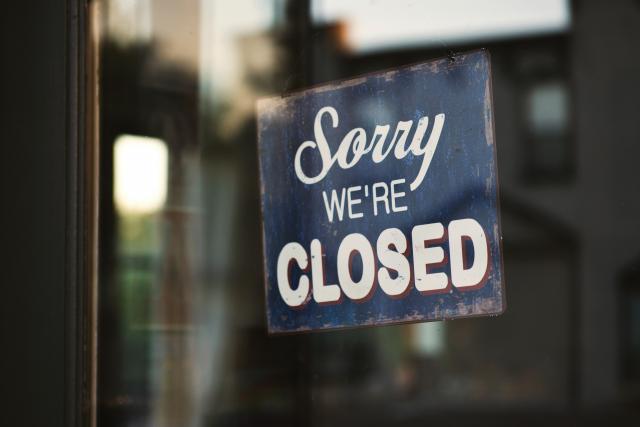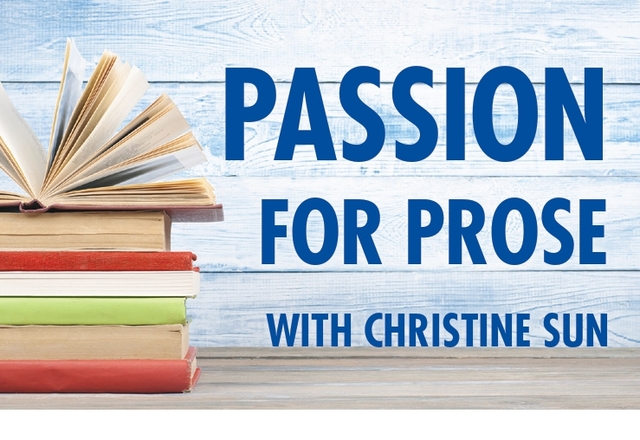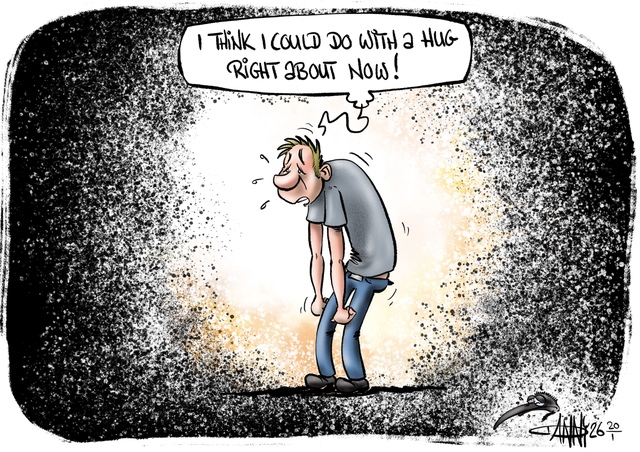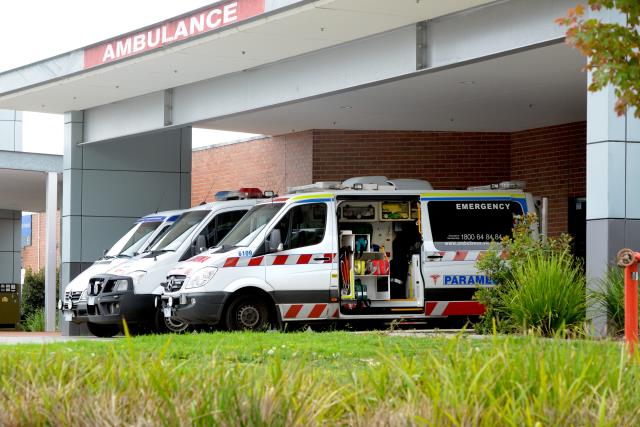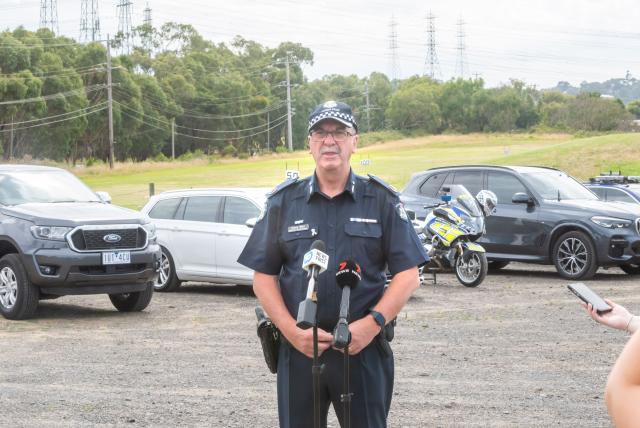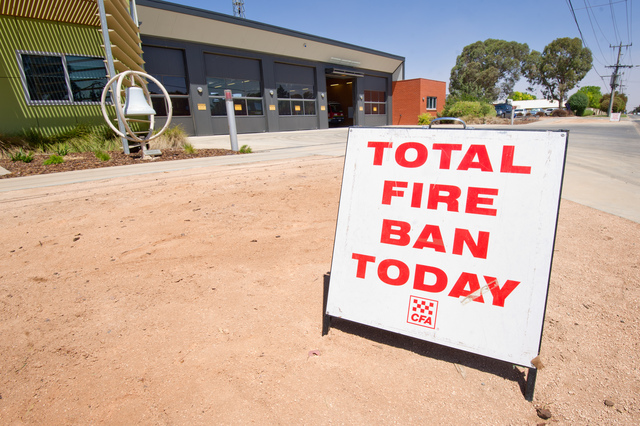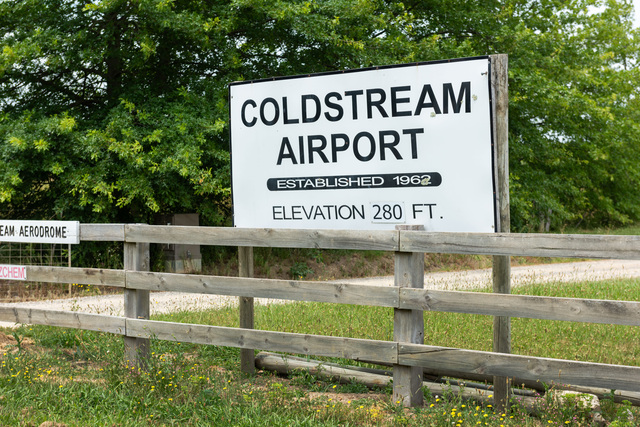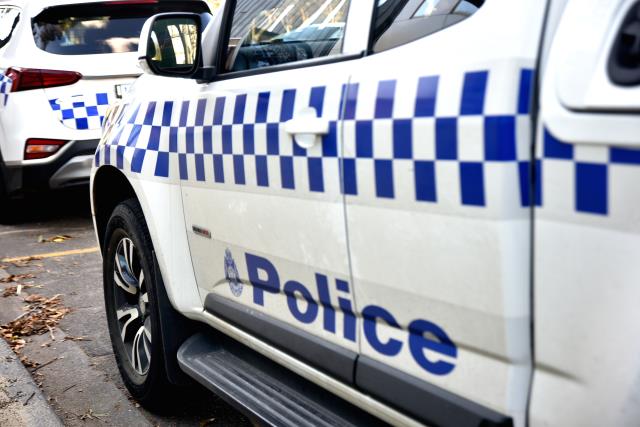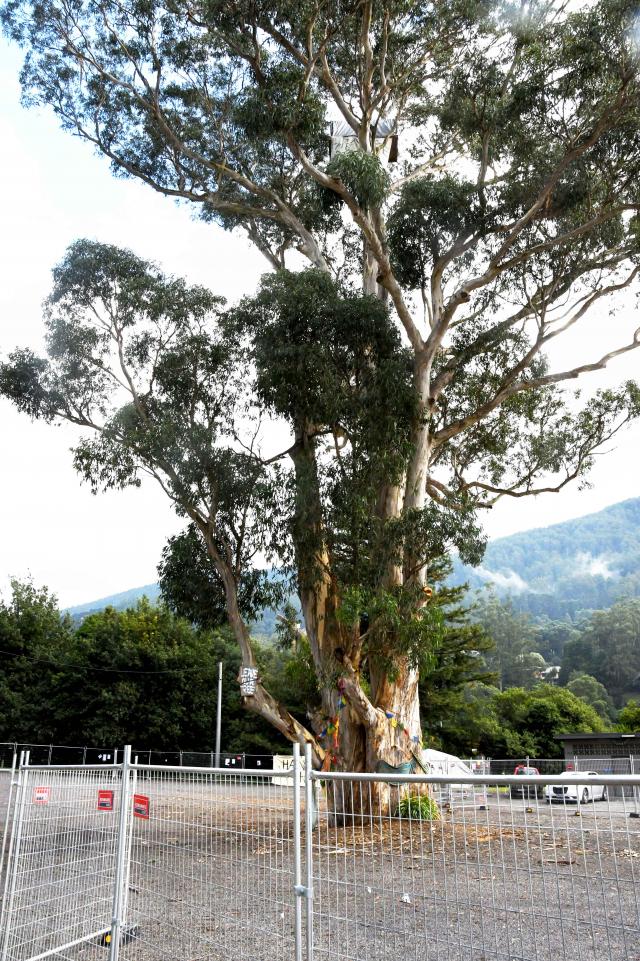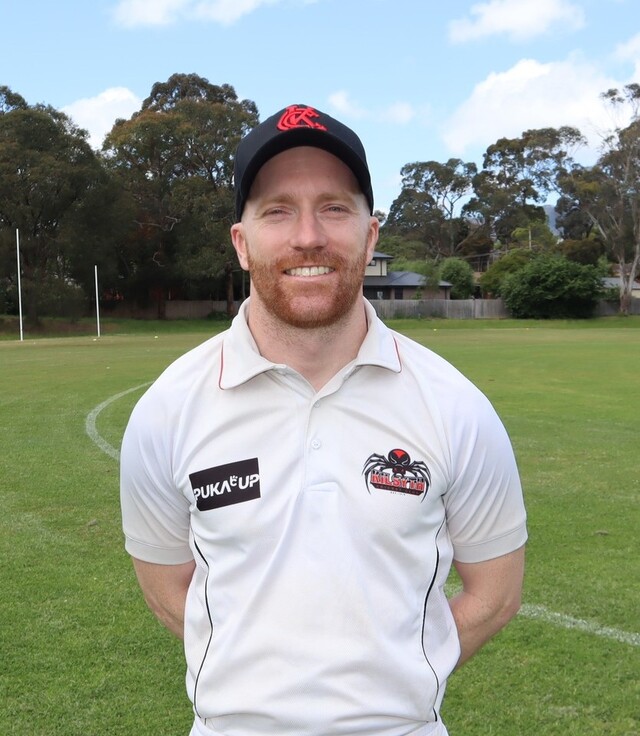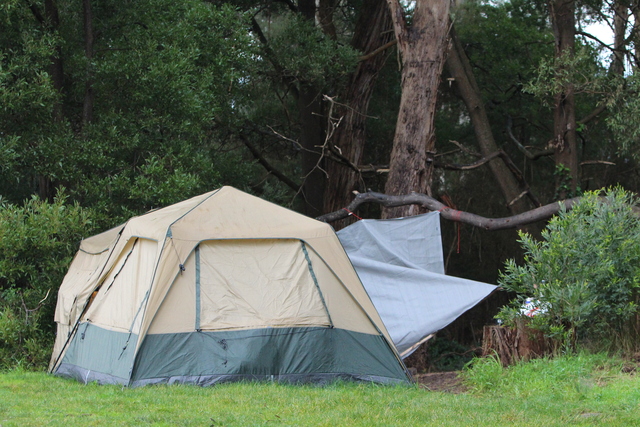Lucy McAleer is a thriving eight year old, who loves green sea turtles, watching Harry Potter and playing basketball.
She’s in grade two at Mount Evelyn Primary School. She’s smart, caring and the big sister to Olivia and Amelia.
She is, by any means, a normal kid.
But when Lucy started showing signs of fatigue, dizziness and slurred speech, her parents, Brian and Nicole McAleer, knew something wasn’t right.
At basketball training one Monday night in July, Lucy was hit in the head with a ball and in the car on the way home she appeared to be concussed and started falling over.
“We went off to hospital that night and we weren’t seen so I got her into the doctors on the Wednesday afternoon and we went to the [Royal Childrens Hospital] the next day,” Mrs McAleer said.
The hospital ran tests and MRI’s to get to the bottom of Lucy’s symptoms.
“I think in the back of our mind we had this fear that it was going to be something serious and they went through the scan results and told us they had found a lump and that was pretty hard to hear, a big kick in the guts,” Mr McAleer said.
Lucy was diagnosed just three days after her eighth birthday with a rare form of brain cancer known as Diffuse Intrinsic Pontine Glioma (DIPG).
It is the most aggressive of all childhood cancers because it is not well-contained, meaning it grows into other tissues and cancer cells mix with healthy cells in the body.
Right now, DIPG is incurable and the only form of treatment is radiotherapy.
“That’s as far as we are looking ahead for the moment because that will hopefully shrink the tumour and reduce some of the symptoms Lucy was having,” Mr McAleer said.
“After that first round of treatment, we will see how successful it has been and there are other things we can explore beyond that like different types of treatments and medical trials which we haven’t delved too deeply into yet, we’re just waiting to see how the radiotherapy goes and then we’ll take the next steps.”
In as little as three weeks, two GoFundMe pages had been set up for the McAleer family and in that short amount of time over $50,000 had been donated to support them.
“It’s overwhelming and very humbling. I knew once it was out there, that all of the people that know Nicole and I, that it would get some traction but we just weren’t expecting how fast it would happen and how much some people would donate, that was what really blew us away,” Mr McAleer said.
“It’s given us real peace of mind knowing that in the times ahead, we won’t run into financial trouble.
“It’s just a really nice reassurance that we’ll be ok and there’s so many people out there that care about our family and we know not everyone gets that level of support in situations like this, so we feel very grateful and very touched.”
And the support hasn’t stopped there.
Family and friends have banded together to cook meals, babysit Olivia and Amelia and have even helped homeschool Olivia during remote learning.
Having the community’s support has helped Mr and Mrs McAleer stay positive throughout the process of hospital visits, doctors appointments and knowing Lucy’s diagnosis, without focusing on the what ifs.
“We’re trying not to think too far ahead and just taking each day as it comes is the best way to do it. Knowing that we’ve got a lot of support is huge and just being extremely hopeful for our little girl and that she will be the miracle child that gets through this,” Mrs McAleer said.
“[We’re] just focusing on the good things, the fact that Lucy is reasonably healthy despite the little things that come with this, just feeling tired and groggy and a bit worn out but she is still the same old Lucy more or less and still doing things that she enjoys,” Mr McAleer added.
Around 20 children are diagnosed with DIPG in Australia each year and unfortunately, there is a zero per cent survival rate.
“I think this has affected a lot of people in the community, they’ve never heard of this like us, this type of brain tumor is new to us but it has really brought everyone together as a community,” Mrs McAleer said.
“I think it just highlights the reality of brain cancer and that it is not always up there in the discussions where other cancers are and the fact that this is one of the rarest types and it’s happening to a child as well, we’d just like to see more awareness raised,” Mr McAleer said.
“We just want to acknowledge everyone that’s come out and supported us, not only locally but people we don’t know directly, who are total strangers to us but have heard of our story through mutual connections and have donated and donated quite a bit, even people overseas as well, it’s really broken through a lot of those barriers and the response has been great, so we just want to say a big thank you to everyone.”

